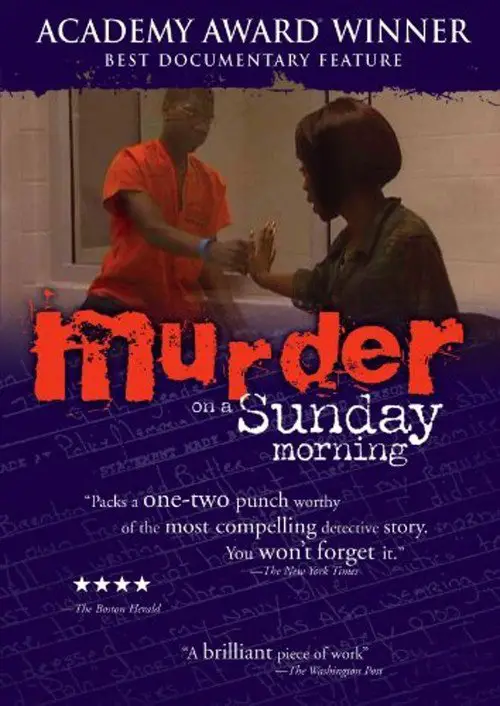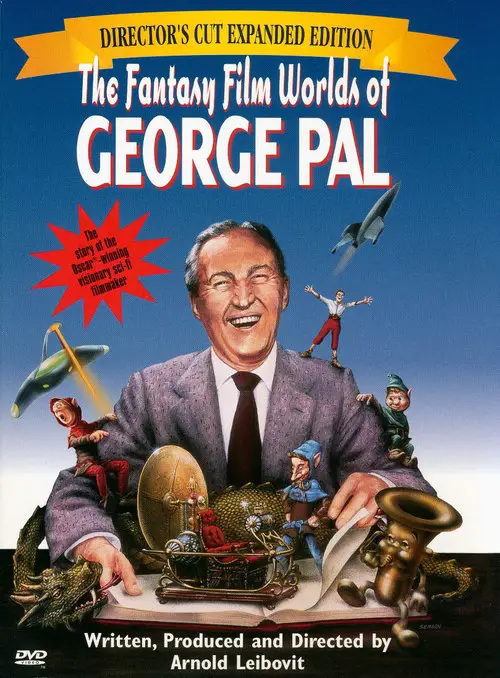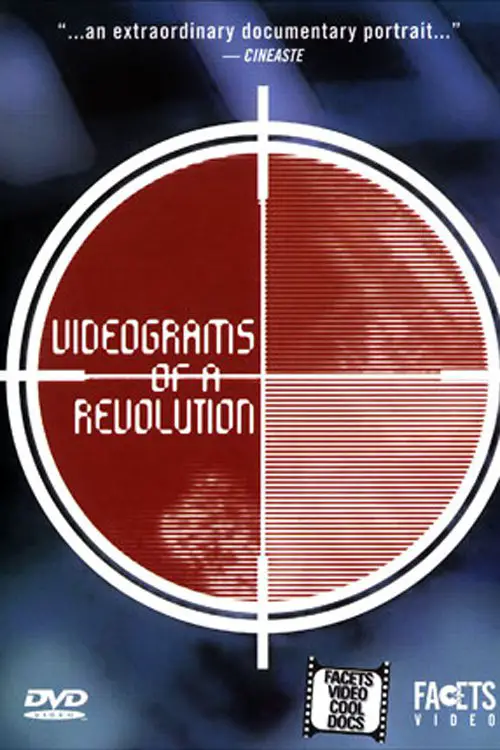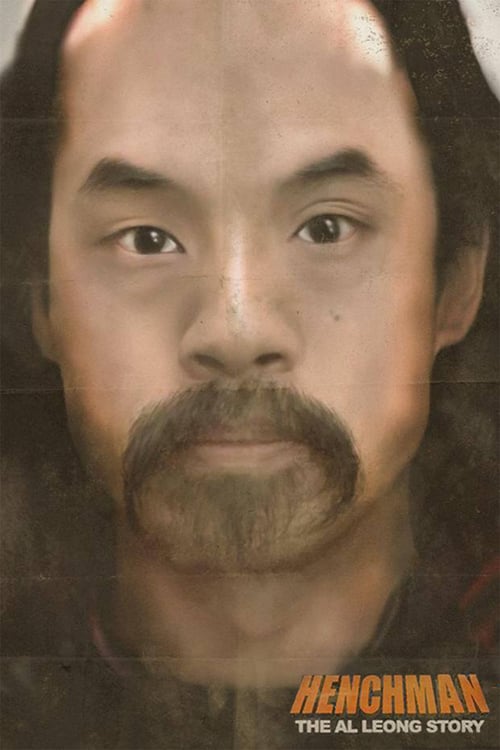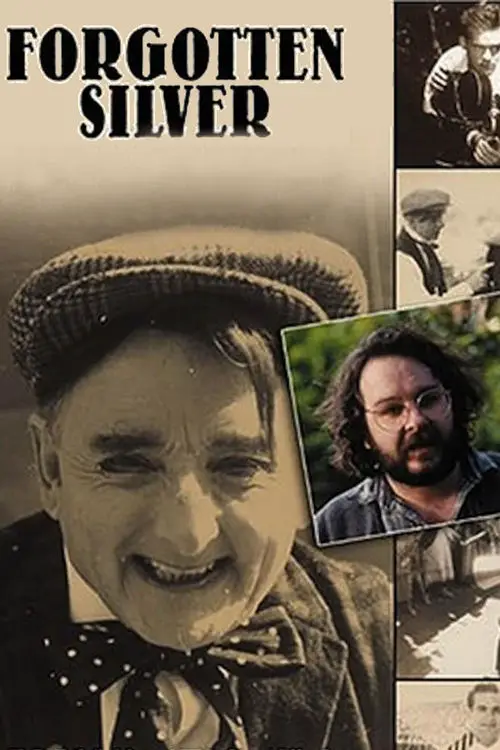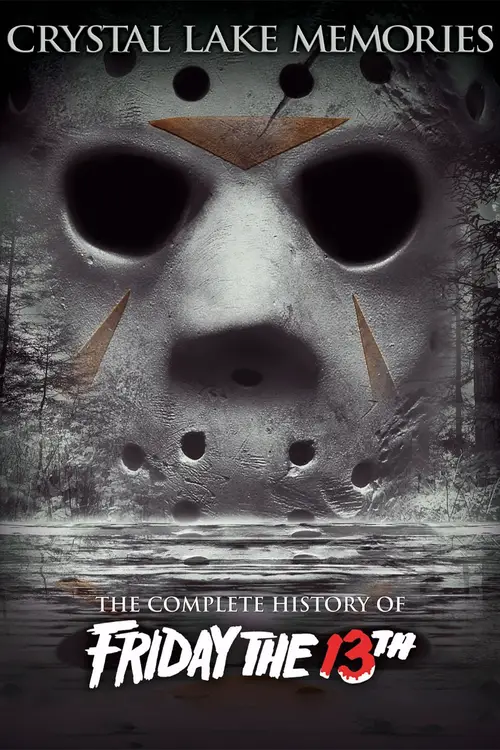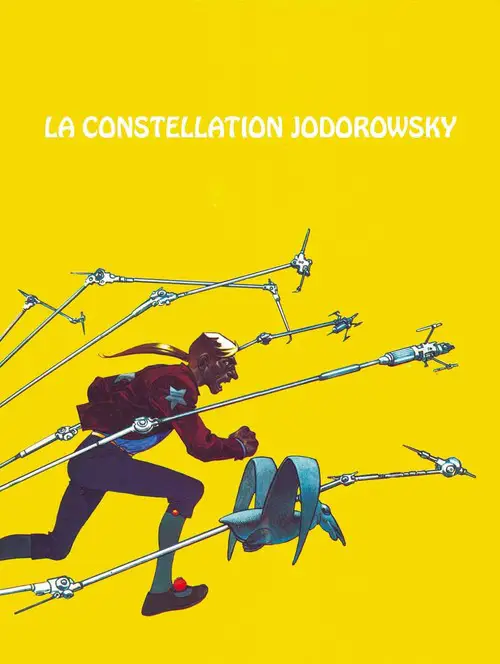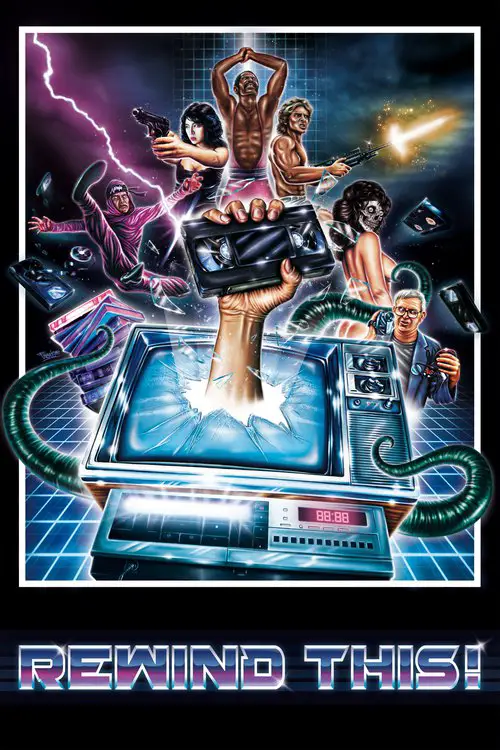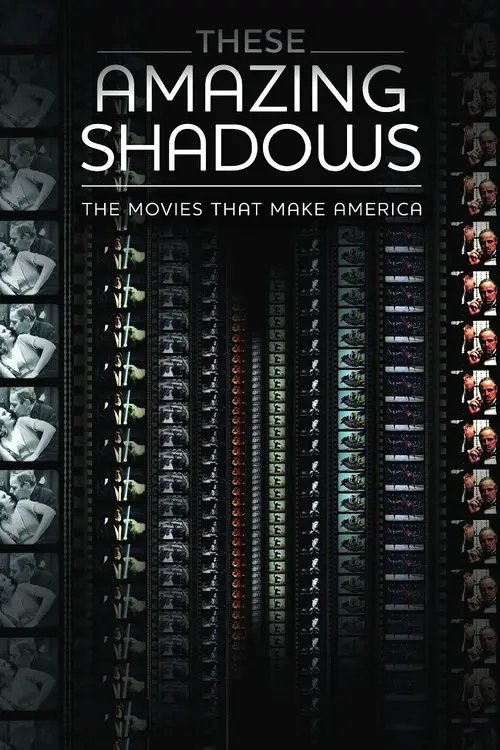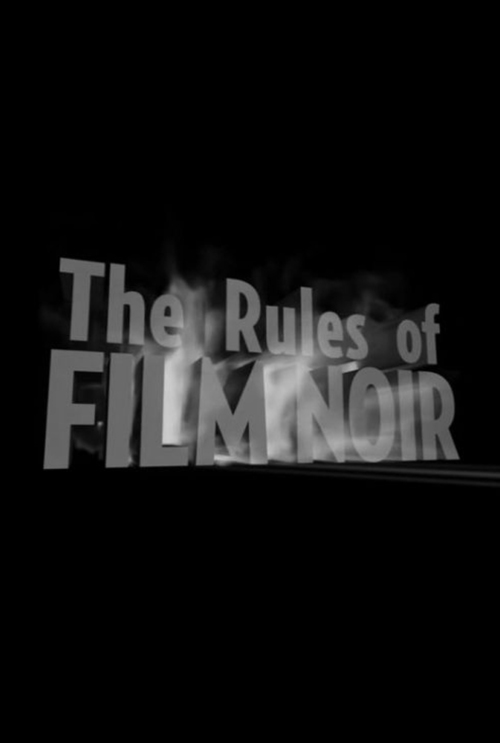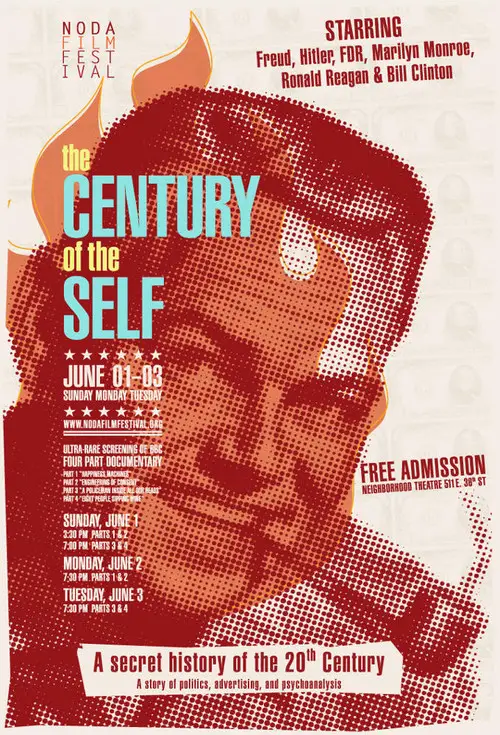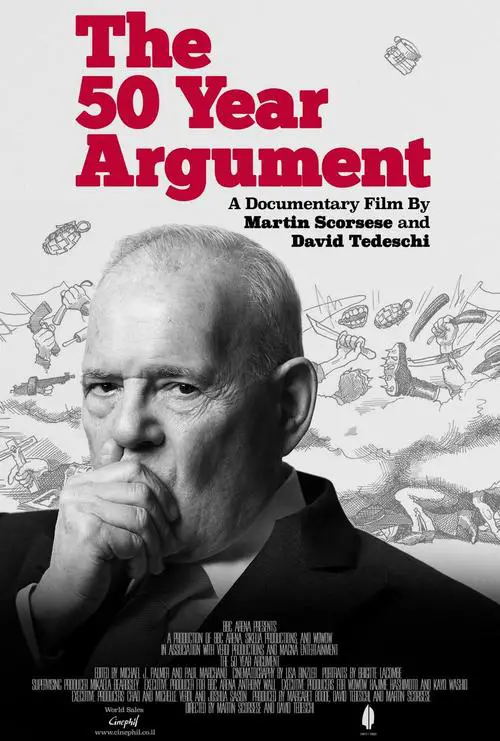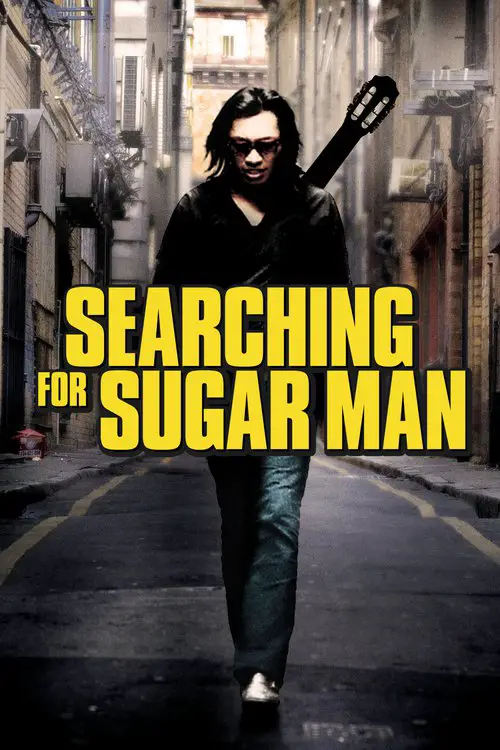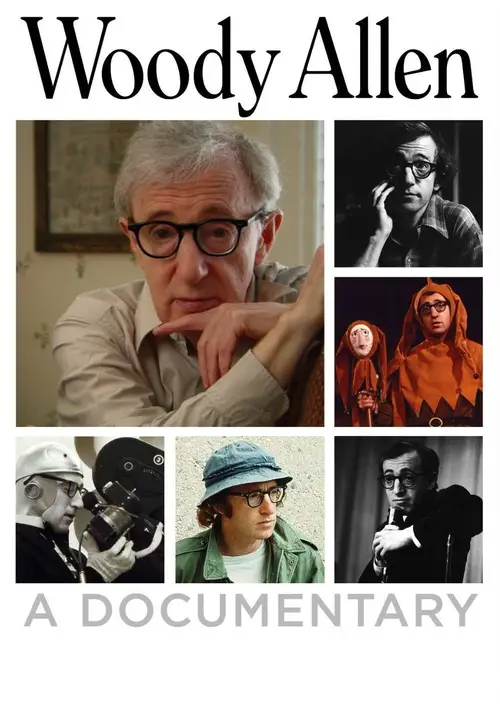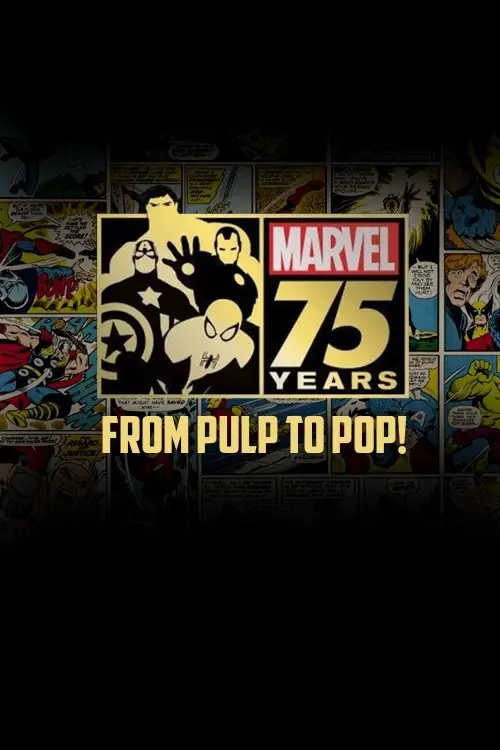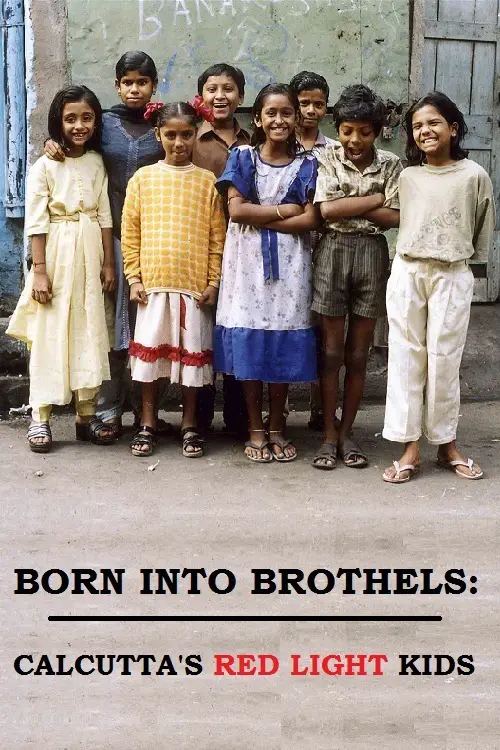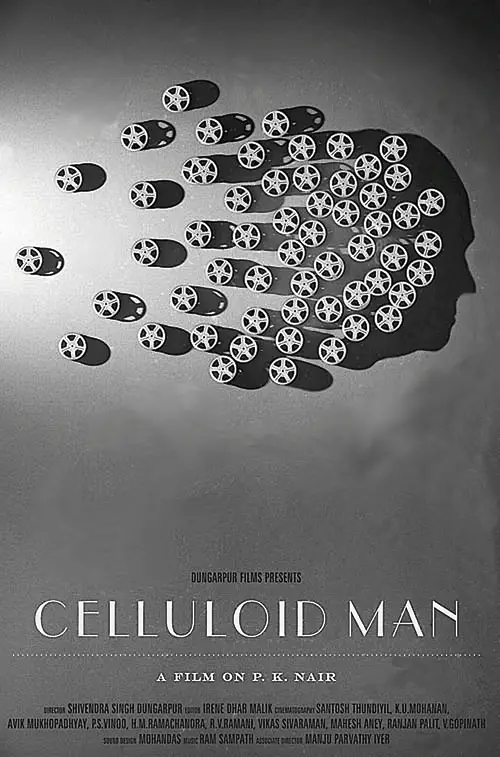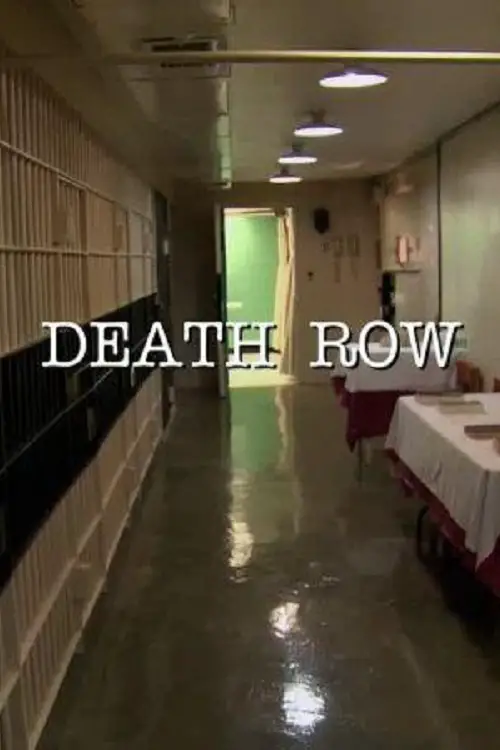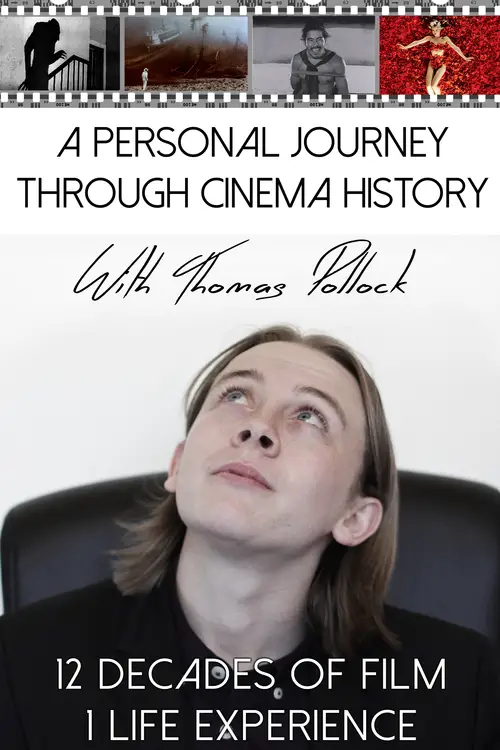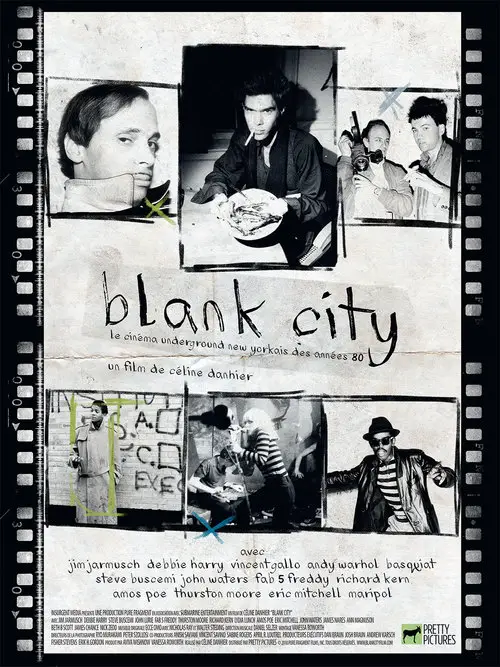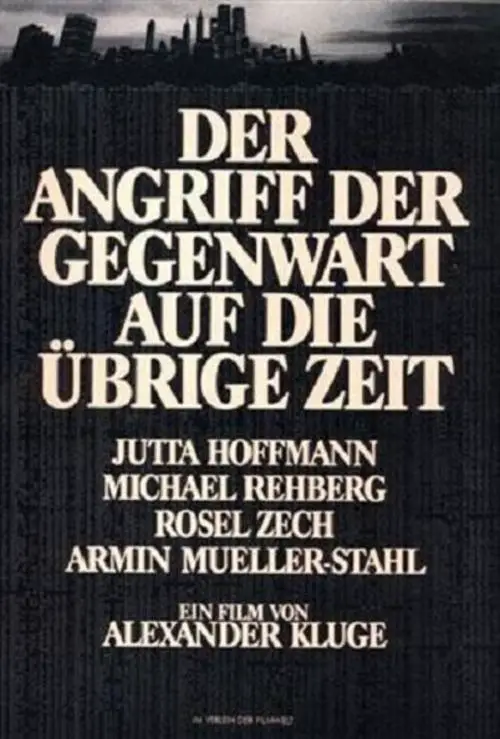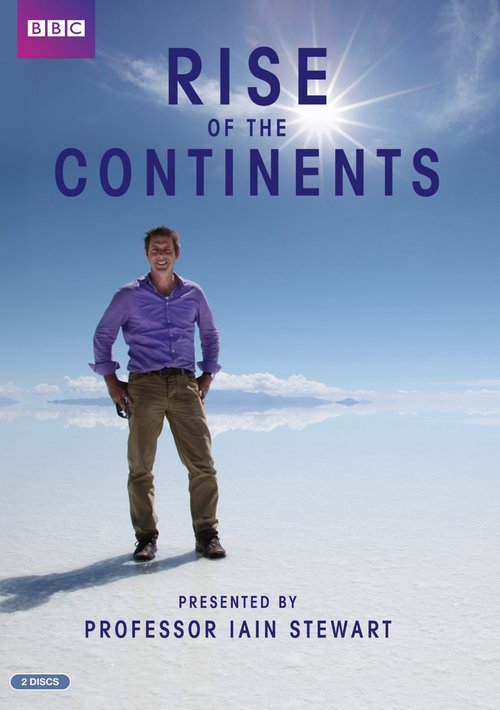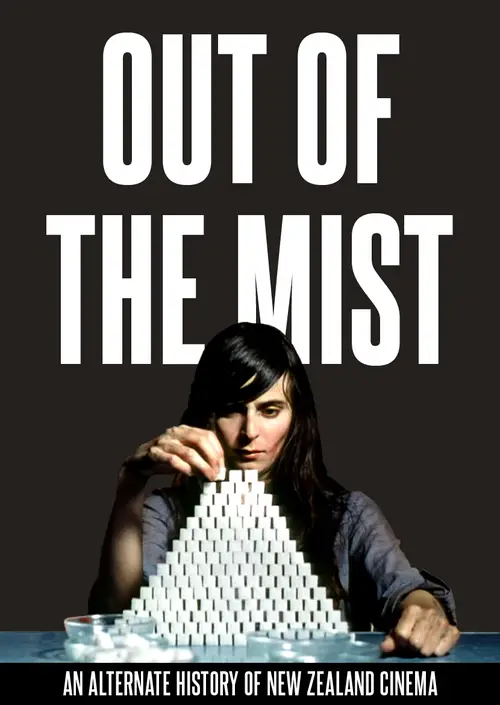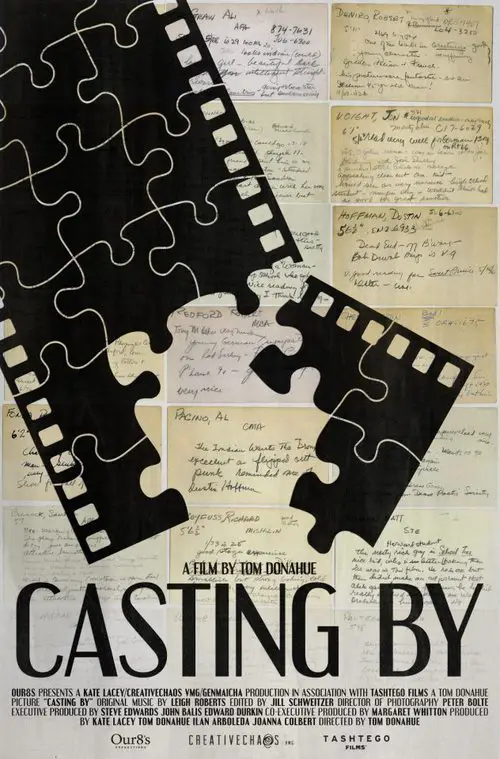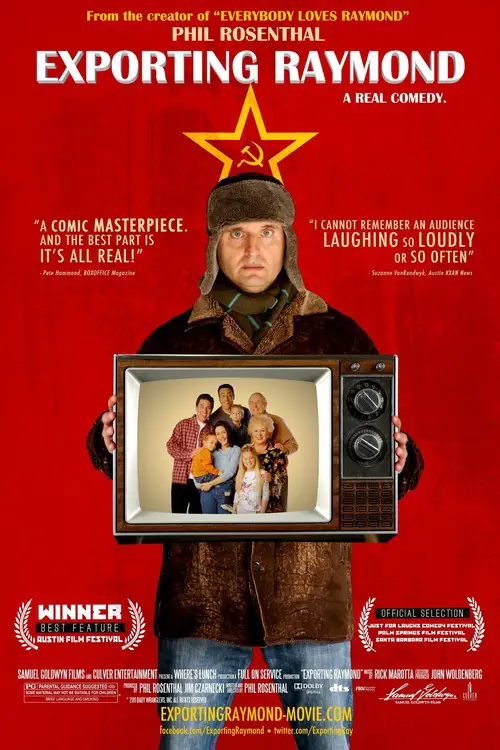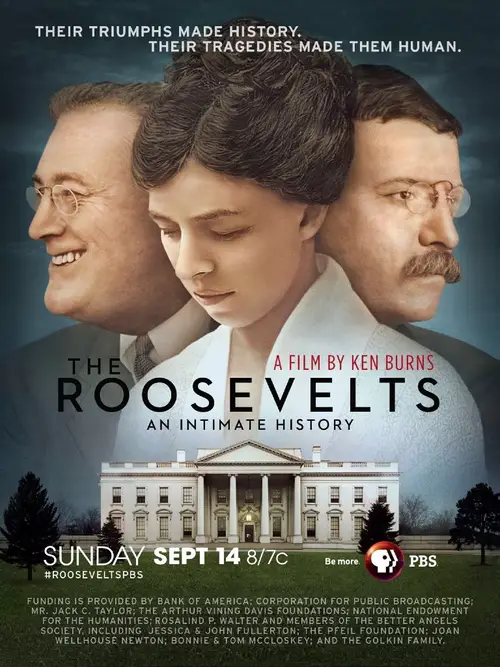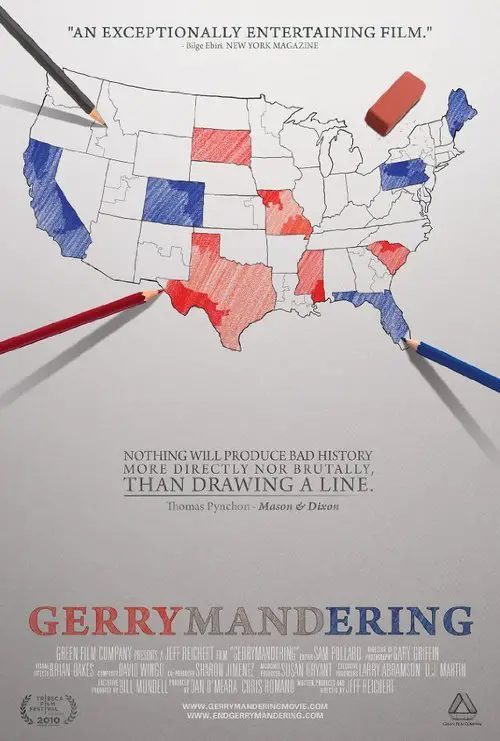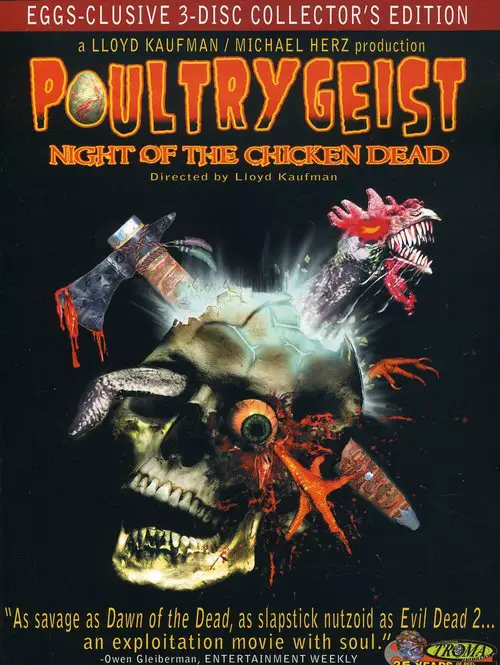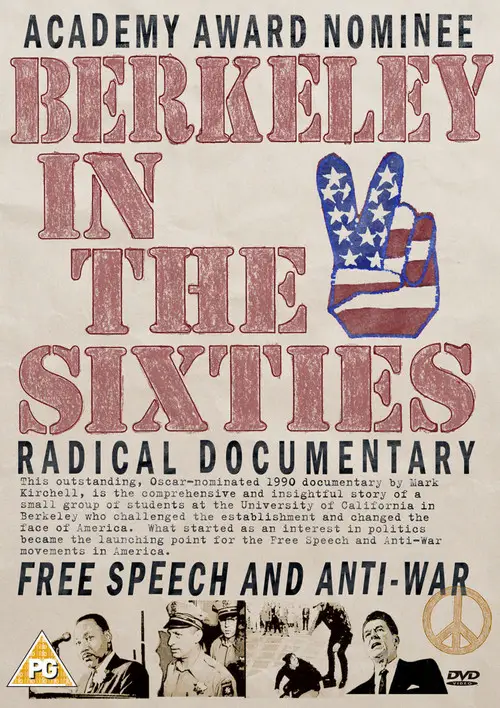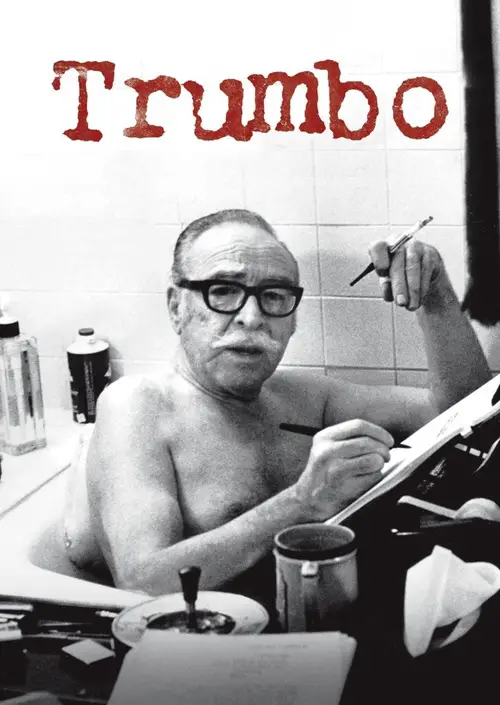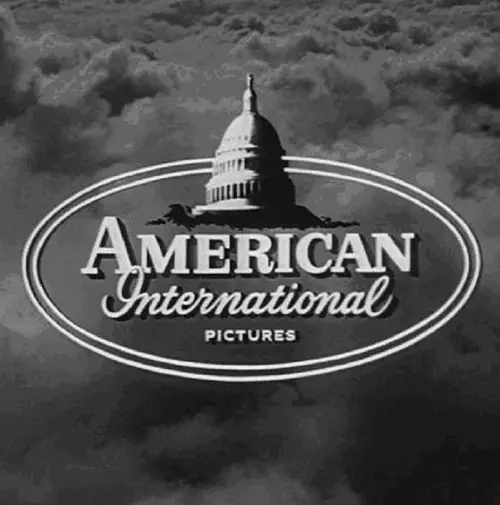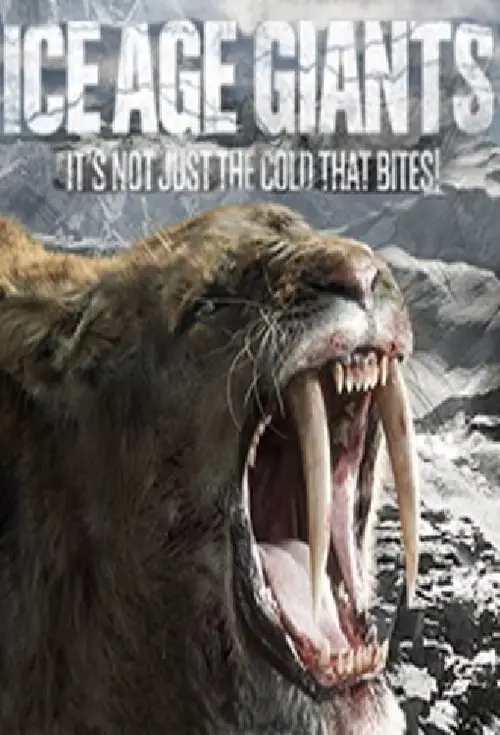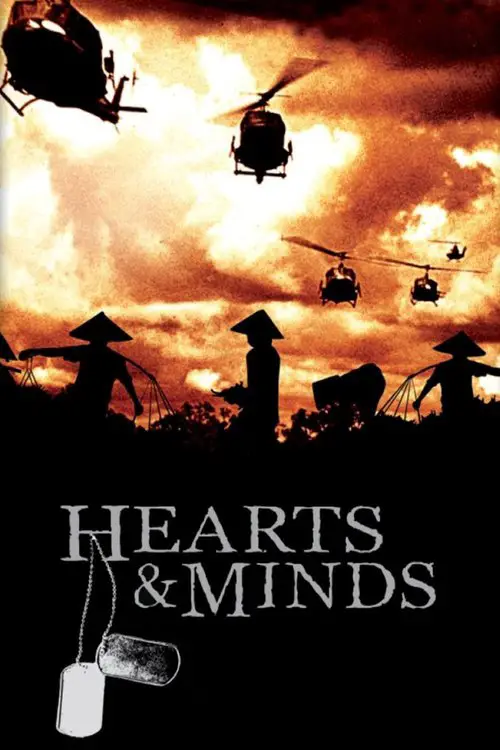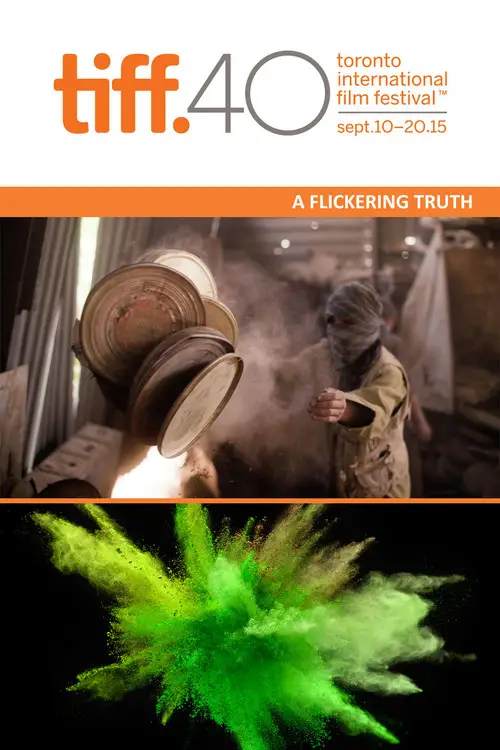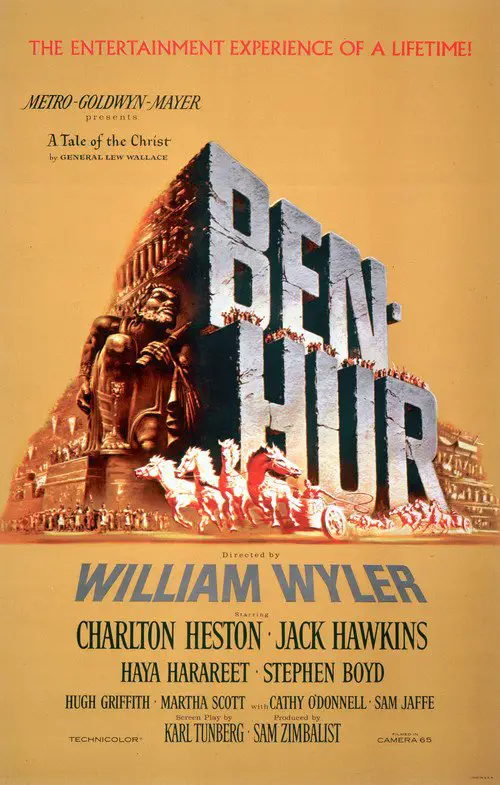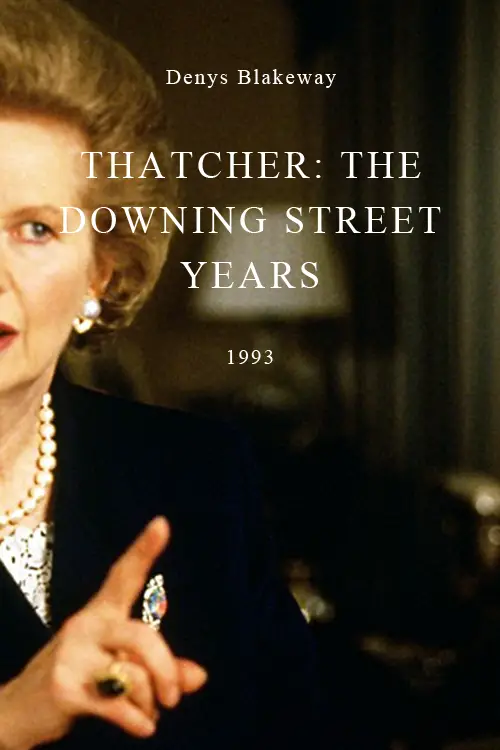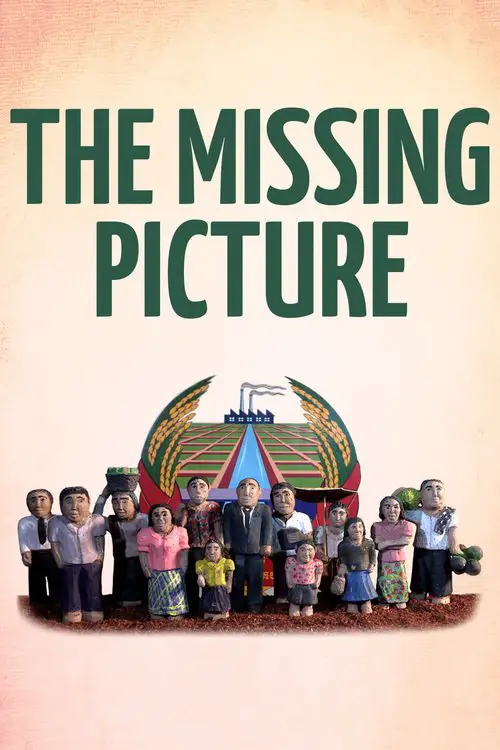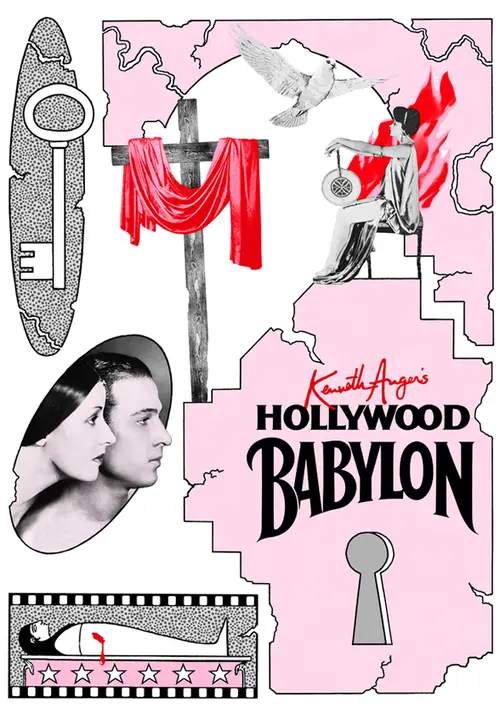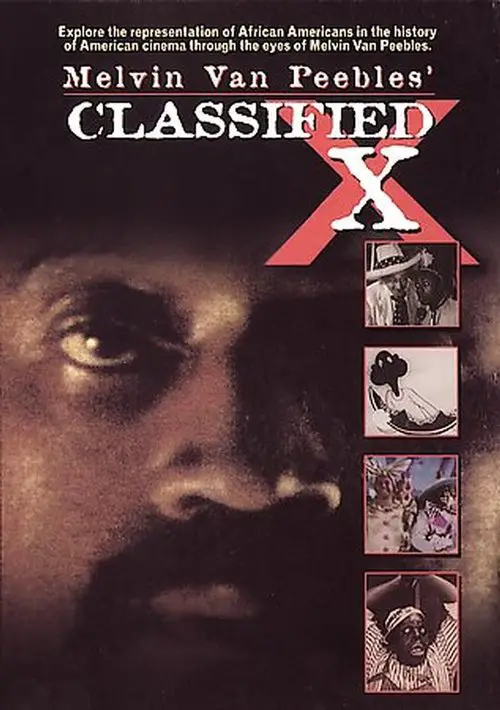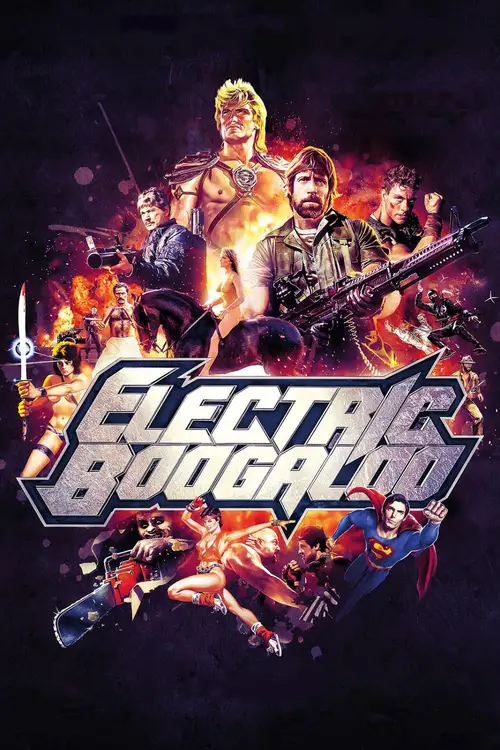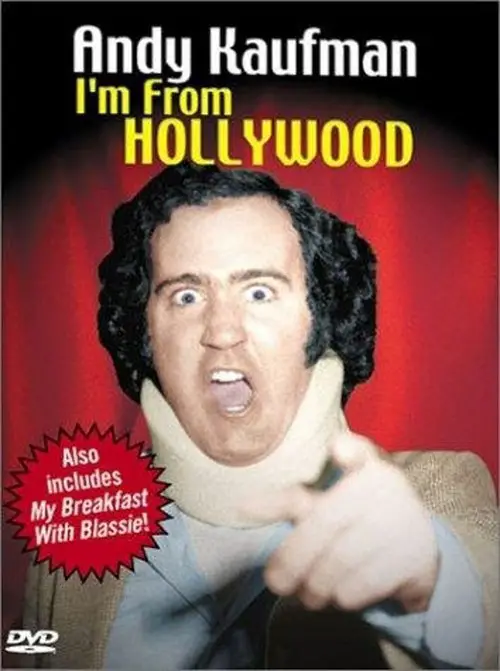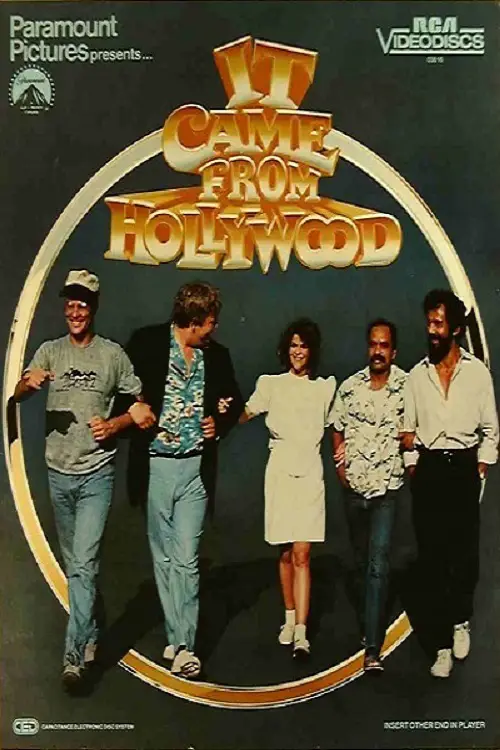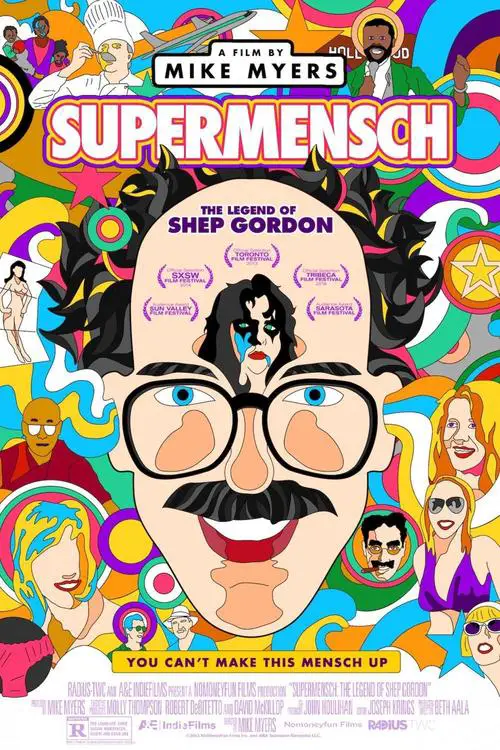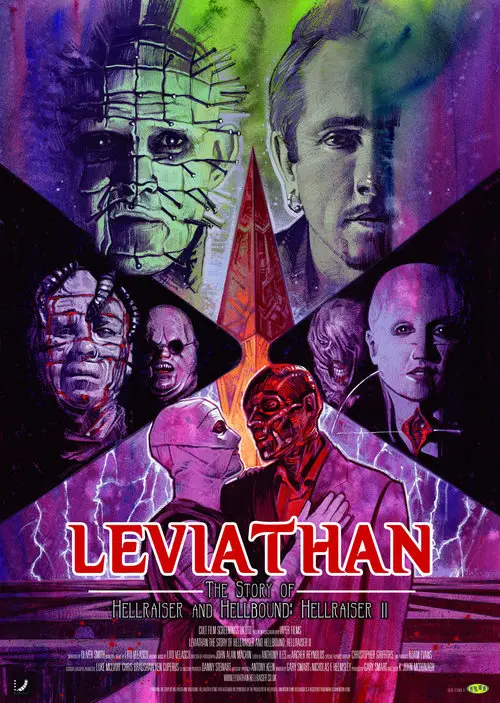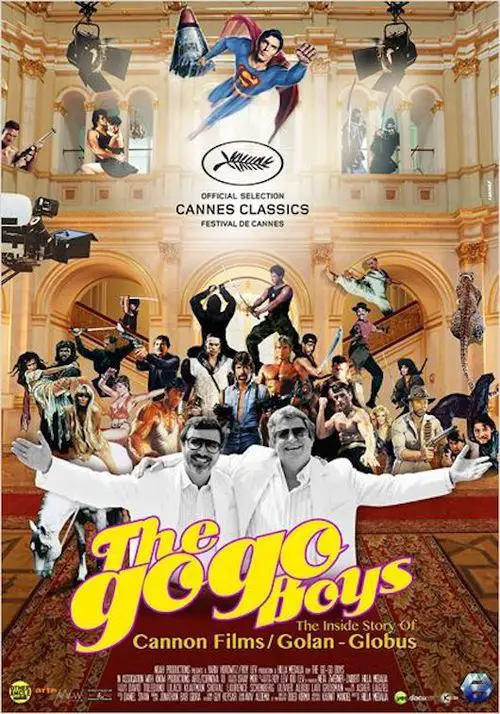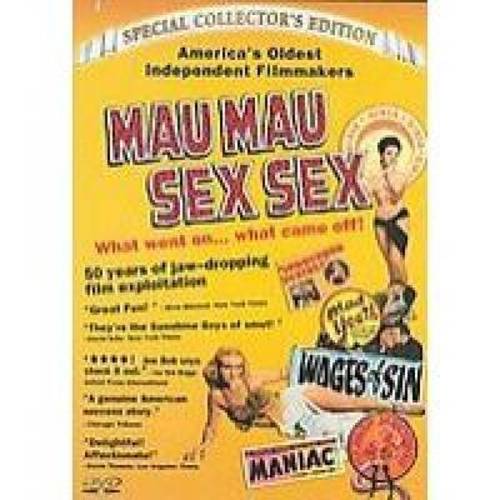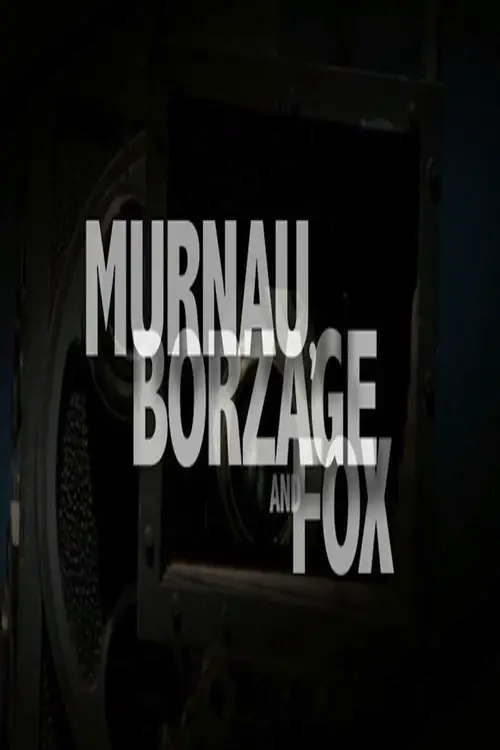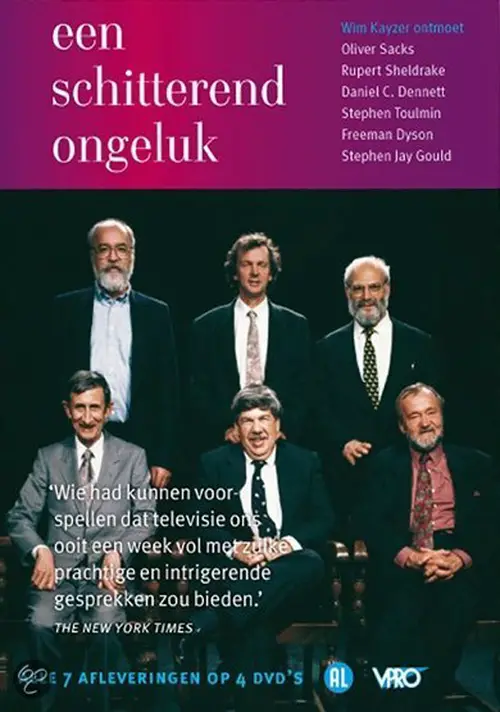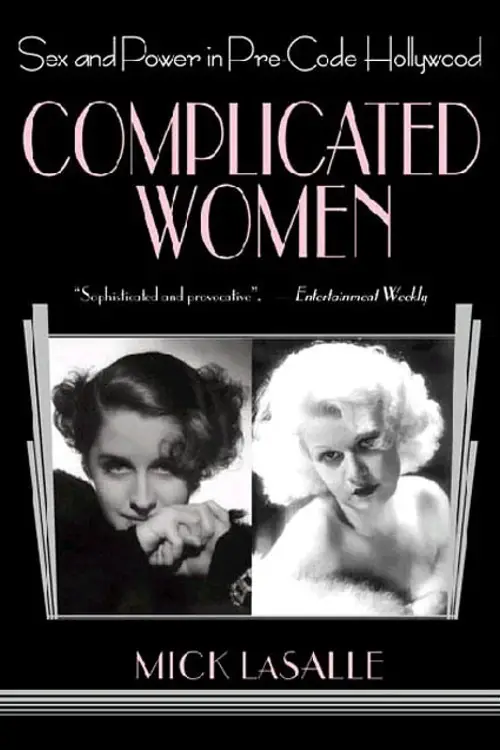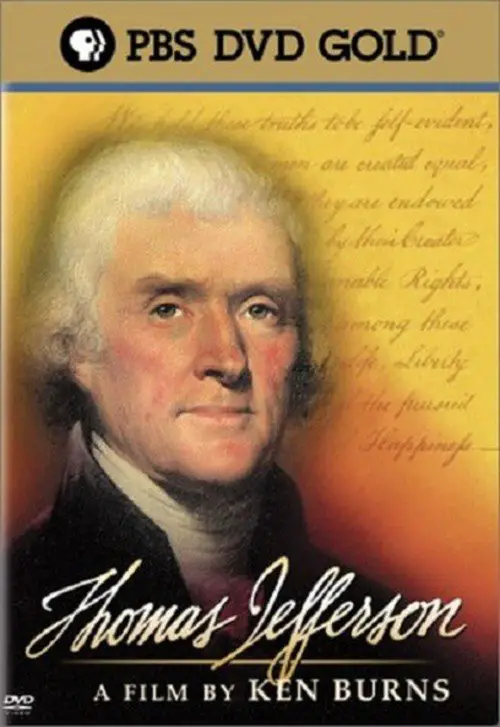MGM: When the Lion Roars (1992)
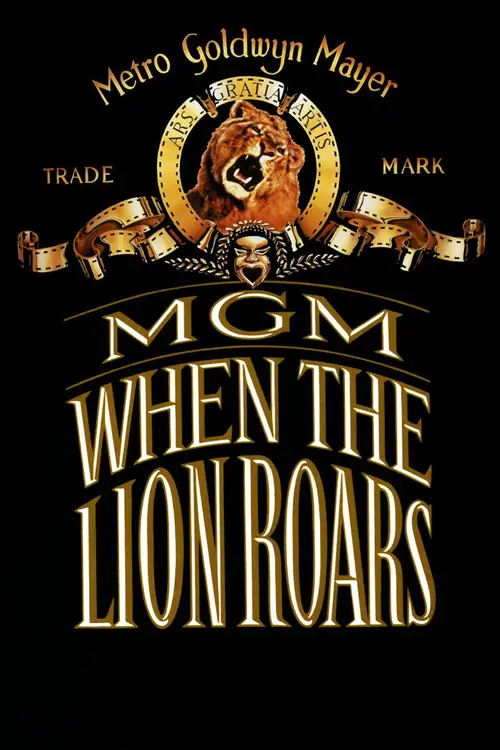
Similar movies
Among the legends of Hollywood, George Pal takes his place as a true visionary, an innovator and a showman who profoundly shaped the art of motion pictures. A peer of Walt Disney, Pal pioneered stop motion animation and went on to virtually invent the modern science fiction and fantasy film genres. Pal's extraordinary genius molded a dazzling array of films, which earned an incredible total of eight Academy Awards and left a cinematic legacy that served as formative inspiration for the movies of George Lucas, Steven Spielberg and Gene Roddenberry.
Videograms of a Revolution is a 1992 documentary film compiled by Harun Farocki and Andrei UjicÄ from over 125 hours of amateur footage, news footage, and excerpts from the Bucharest TV studio overtaken by demonstrators as part of the December 1989 Romanian Revolution. In 2004 the Austrian Film Archive selected the documentary as part of its Die Utopie Film program for The Best 100 in Film History list.
This dryly funny mockumentary about the lost work of a pioneering New Zealand film genius is probably one of the best examples of the faux-documentary genre. In fact, it was so successful that when it originally aired on New Zealand television, hundreds of viewers bought the premise hook, line, and sinker. If you didn't know any better yourself, it's entirely possible you might be duped into believing the extremely tall tale of one Colin MacKenzie, an ambitious filmmaker who made the world's first talking movie (years before The Jazz Singer), invented color film, and created a huge biblical epic that would put Cecil B. DeMille and D.W. Griffith to shame. Filmmaker Peter Jackson (Heavenly Creatures) shrewdly inserts himself into the film via his documentation of the "discovery" of McKenzie's lost epic, which for years was preserved in a garden shed.
Since the invention of cinema, the standard format for recording moving images has been film. Over the past two decades, a new form of digital filmmaking has emerged, creating a groundbreaking evolution in the medium. Keanu Reeves explores the development of cinema and the impact of digital filmmaking via in-depth interviews with Hollywood masters, such as James Cameron, David Fincher, David Lynch, Christopher Nolan, Martin Scorsese, George Lucas, Steven Soderbergh, and many more.
This documentary depicts the filmmaker Alejandro Jodorowsky talking about his life, his loves, his career as a filmmaker, graphic novelist, and workshop leader, and his eccentricities including tarot reader and theatrical director during The Panic Movement. Directed by Louis Mouchet, La Constellation Jodorowsky includes a lengthy on-camera interview with Jodorowsky in Spanish with subtitles. Marcel Marceau, Fernando Arrabal, Peter Gabriel, Jean "Moebius" Giraud, and Jean Pierre Vignau make appearances discussing their various projects with the director. In addition to the interview and film clips, Mouchet features some bizarre footage from Jodorowskyâs absurdist plays in which topless women splattered with paint writhe around the stage in a theatrical production meant to represent The Panic Movement, i.e., an artistic expression in which reason cannot fully express the human experience.
Matthew Sweet explores his rules of 1940s and 50s American film noir thrillers: *Choose a dame with no past and a hero with no future *Use no fiction but pulp fiction *See America through a stranger's eyes *Make it any colour as long as it's black *It ain't what you say, it's the way that you say it.
Directed by acclaimed filmmaker Martin Scorsese and his longtime documentary collaborator David Tedeschi, A 50 Year Argument rides the waves of literary, political, and cultural history as charted by the The New York Review of Books, Americaâs leading journal of ideas for over 50 years. Provocative, idiosyncratic and incendiary, the film weaves rarely seen archival material, contributor interviews, excerpts from writings by such icons as James Baldwin, Gore Vidal, and Joan Didion along with original verité footage filmed in the Reviewâs West Village offices. Confrontation and original argument are in the Review's DNA - the magazine seems as vital now as when it was run by its indefatigable founding editors, Robert Silvers and the late Barbara Epstein. Co-produced with the BBC's award-winning Arena and shaped by Scorcese's vivid filmmaking style, The Fifty Year Argument captures the power of ideas in influencing history.
In celebration of the publisher's 75th anniversary, the hour-long special will take a detailed look at the company's journey from fledgling comics publisher to multi-media juggernaut. Hosted by Emily VanCamp (S.H.I.E.L.D. Agent Sharon Carter), the documentary-style feature will include interviews with comic book icons, pop culture authorities, and Hollywood stars. The special also promises an "extraordinary peek into Marvel's future!" Might Marvel release the first official footage from next year's Avengers: Age of Ultron or Ant-Man? If they do, you'll know about it here.
The academy award winning documentary depicting the lives of child prostitutes in the red light district of Songachi, Calcutta. Director Zana Briski went to photograph the prostitutes when she met and became friends with their children. Briski began giving photography lessons to the children and became aware that their photography might be a way for them to lead better lives.
Take a trip back to a time when New York City wasn't all glitz and glamour as filmmaker Celine Danhier offers a look at the birth of "No Wave Cinema" and the vibrant art scene that exploded out of the East Village in the late '70s. In the years before Ronald Reagan took office, Manhattan was in ruins. But true art has never come from comfort, and it was precisely those dire circumstances that inspired artists like Jim Jarmusch, Lizzy Borden, and Amos Poe to produce some of their best works. Taking their cues from punk rock and new wave music, these young maverick filmmakers confronted viewers with a stark reality that stood in powerful contrast to the escapist product being churned out by Hollywood. ~ Jason Buchanan, Rovi
Ep1 - Africa Africa is the cradle of humanity, it is land born from violent, cataclysmic events. Ep2 - Eurasia Europe and Asia; geologically they are part of the same vast landmass, Eurasia. Shaped by a series of collisions, mountain ranges have been pushed up, valleys created and a once great ocean has come and gone. Ep3 - The Americas From the bedrock the Empire State Building is built on, to the Spanish empires in South America, the two land masses of North and South America are linked by geology and history. Ep4 - Australia Australia was once part of a super-continent and its deserts were covered in forests. Once joined to Antarctica, it split off and moved northwards into warmer climes, whilst Antarctica became an icy wasteland.
Gerrymandering is a 2010 documentary feature film written and directed by Jeff Reichert. The film explores the history and the ethical, moral and racial problems raised by redistricting, i.e., the drawing of boundaries of electoral districts in the United States.Gerrymandering covers the history of the redistricting practice, how it is used and abused, how it benefits the two major major political parties, Democrats and Republicans. The documentary draws on the perspectives from different individuals, reporters, pundits and politicians.
Steal This Film focuses on Pirate Bay founders Gottfrid Svartholm, Fredrik Neij and Peter Sunde, prominent members of the Swedish filesharing community. The makers claimed that 'Old Media' documentary crews couldn't understand the internet culture that filesharers took part in, and that they saw peer-to-peer organization as a threat to their livelihoods. Because of that, they were determined to accurately represent the filesharing community from within. Notably, Steal This Film was released and distributed, free of charge, through the same filesharing networks that the film documents.
Through a focus on the life of Dalton Trumbo (1905-1976), this film examines the effects on individuals and families of a congressional pursuit of Hollywood Communists after World War II. Trumbo was one of several writers, directors, and actors who invoked the First Amendment in refusing to answer questions under oath. They were blacklisted and imprisoned. We follow Trumbo to prison, to exile in Mexico with his family, to poverty, to the public shunning of his children, to his writing under others' names, and to an eventual but incomplete vindication. Actors read his letters; his children and friends remember and comment. Archive photos, newsreels and interviews add texture. Written by
Professor Alice Roberts journeys 40,000 years back in time on the trail of the great beasts of the Ice Age in this BBC documentary miniseries. It begins in the land of the sabre-tooth; North America, a continent that was half covered by ice. Alice traces the movements of Ice Age beasts like bear-sized sloths, vast mammoths and the strange beast known as the glyptodon. These leviathans were stalked by the meanest big cat that ever: Smilodon fatalis. In the Land of the Cave Bear, Alice ventures to the parts of the northern hemisphere, hit hardest by the cold. High in the mountains of Transylvania, a cave sealed for thousands of years reveals grisly evidence for a fight to the death between two staving giants, a cave bear and a cave lion. Yet Alice discovers that for woolly rhinos and woolly mammoths, the Ice Age created a bounty. In the final installment, Alice sets off on her last voyage back to the Ice Age to discover why the giants of the age went extinct.
This film recounts the history and attitudes of the opposing sides of the Vietnam War using archival news footage as well as their own film and interviews. A key theme is how attitudes of American racism and self-righteousness militarism helped create and prolong this bloody conflict. The film also endeaveors to give voice to the Vietnamese people themselves as to how the war has affected them and their reasons why they fight the United States and other western powers while showing the basic humanity of the people that US propaganda tried to dismiss.
What "That's Entertainment" did for movie musicals, "The Celluloid Closet" does for Hollywood homosexuality, as this exuberant, eye-opening movie serves up a dazzling hundred-year history of the role of gay men and lesbians have had on the silver screen. Lily Tomlin narrates as Oscar-winning moviemaker Rob Epstein (The Times of Harvey Milk and Common Threads: Stories from the Quilt) and Jeffrey Friedman assemble fabulous footage from 120 films showing the changing face of cinema sexuality, from cruel stereotypes to covert love to the activist triumphs of the 1990s. Tom Hanks, Susan Sarandon, Whoopi Goldberg, Tony Curtis, Harvey Fierstein and Gore Vidal are just a few of the many actors, writers and commentators who provide funny and insightful anecdotes.
Profile of Kenneth Anger, looking at the uproar his books on Hollywood scandals caused and journeying through the darker side of Hollywood's history, including film clips, and Anger playing a guide with comedian Mike McShane playing the God of Hollywood. It also includes a look at some of Anger's own work.
Menahem Golan and Yoram Globus were two movie-obsessed cousins from Israel who became Hollywoodâs ultimate gate-crashers. Following their own skewed version of the Great American Dream, they bought an already low-rent brand â Cannon Films â and ratcheted up its production to become so synonymous with schlock that the very sight of its iconic logo made audiences boo throughout the 1980s. And yet who could have foreseen how close they came to nearly taking over Hollywood and the UK film industry?
I'm from Hollywood is about the adventures of late performance artist Andy Kaufman in the world of professional wrestling. This film includes interviews with Taxi co-stars Marilu Henner and Tony Danza and interviews with comedian Robin Williams, wrestler Jerry Lawler, wrestling commentator Lance Russell, and Kaufman's best friend, Bob Zmuda. Other people seen in the film include TV host David Letterman and Jimmy Hart of Continental Wrestling Association. The film's title refers to a phrase spoken by Kaufman to the Memphis wrestling audience.
In 1991, music manager Shep Gordon held Mike Myers over a barrel a few weeks before shooting Wayneâs World regarding an Alice Cooper song Myers wanted to use in the film. They have been close friends ever since. Twenty-two years later, the story of Gordonâs legendary life in the über-fast lane is now told in Myersâ directorial debut. And this time itâs Myers who has Gordon over a barrel. Shep Gordon: capitalist, protector, hedonist, pioneer, showman, shaman⦠Supermensch!
The Go-Go Boys tells the inside story of two Israeli-born cousins, the late Menahem Golan and Yoram Globus, who in pursuit of the âAmerican dreamâ turned the Hollywood establishment upside down. Together they produced more than 300 films and founded the most powerful independent film company in the world, Cannon Films, which was responsible for Israeli and mainstream, Hollywood-blockbuster, action/exploitation hits during the duoâs 1980s hey day, starring the likes of Chuck Norris, Jean-Claude Van Damme and Charles Bronson. Up close and personal, and with the complete cooperation of the filmâs subjects, the film examines the complex relationship between two contradictory personalities, whose combined force fueled their successes and eventual split. A film about filmmaking and two dogged, exceptional characters with modest origins taking on the big boys.
One of the most interesting shows ever aired on public television was Wim Kayzer's interviews with six leading intellectuals who represented both the mainstream academic (Stephen J. Gould, Freeman Dyson and Stephen Toulmin) and more or less, as it were, "eccentric" outside the box groundbreaking intellectuals (Oliver Sacks and Rupert Sheldrake). Kayzer interviews each of them (and philosopher Daniel Dennett) individually and then has the entire group sit in a kind of round-table seminar that he moderates and lets the ideas fly.
As Australian cinema broke through to international audiences in the 1970s through respected art house films like Peter Weir's "Picnic At Hanging Rock," a new underground of low-budget exploitation filmmakers were turning out considerably less highbrow fare. Documentary filmmaker Mark Hartley explores this unbridled era of sex and violence, complete with clips from some of the scene's most outrageous flicks and interviews with the renegade filmmakers themselves.
© Valossa 2015–2026
| Privacy Policy
